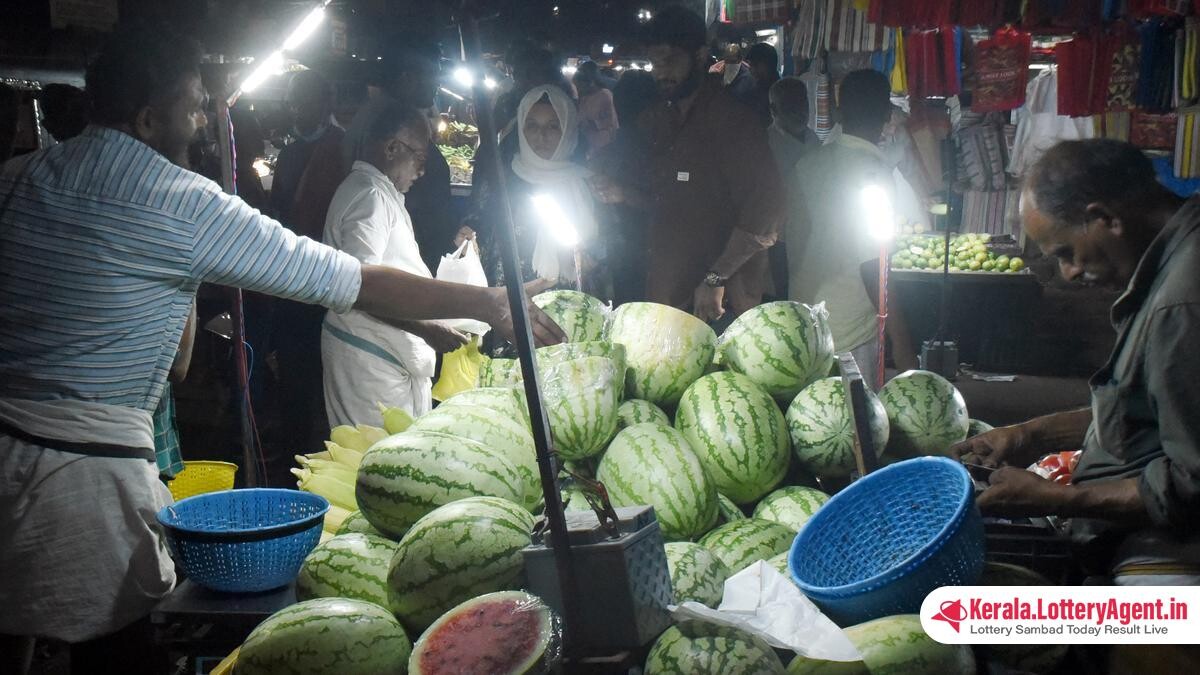
The necessity of restoring price stability to maintain a growing economy and the premature nature of easing monetary restrictions were the key topics discussed by RBI Deputy Governor Michael Debabrata Patra at the latest Monetary Policy Committee (MPC) review. As the minutes of the April 3-5 meeting reveal, Patra stressed the ongoing challenges of heightened inflation risk, particularly from food prices, indicating that the time is not yet right for a relaxation of the tight monetary policies currently in place.
Dr. Patra observed with caution that the mild and brief dip in prices during winter was quickly being replaced by the onset of summer, escalating price momentum into May 2024. Contributing to this are forecasts suggesting higher temperatures which could affect food prices further. Apart from the domestic scenario, the international scene is also showing an uptick in some global food prices amid mounting input costs and persistent supply chain pressures.
These concerns are corroborated by the latest retail inflation data released by the National Statistical Office for March, which showed food price inflation remaining tenaciously high at 8.52%. This figure is consistently close to the February mark of 8.66%, with hasting price increases in essential commodities like cereals and meat, while vital food groups including vegetables, pulses, spices, and eggs, saw double-digit inflation levels.
Patra noted that even though there had been some easing in core inflation and fuel price deflation, these factors alone could not guarantee a rapid alignment of headline inflation with the targeted figures. He argues that it’s likely for headline inflation to persist at the higher spectrum of the RBI’s 2%-6% tolerance band until favorable base effects come into play in the second quarter of 2024-25.
Under these circumstances, Patra reiterated the necessity of maintaining a restrictive monetary policy stance. The MPC must hold steady until a clearer and more balanced risk profile emerges and the uncertainty obscuring the near term dissipates. In his view, downward pressure on inflation must remain to pave the way for more robust economic indicators.
Moreover, Patra stressed the interdependence between declining inflation and consumer and corporate confidence, noting that domestic demand is on the rise, and the investment outlook appears more positive. A “stronger revival in private consumption and in corporate sales growth” depends heavily on the assurance of sustainably falling inflation rates.
Governor Shaktikanta Das echoed the sentiments on unwavering focus toward sustainable price stability. He warned against complacency in the fight against inflation, highlighting the fragility of inflation trends, particularly due to supply-side shocks that frequently disrupt food prices. Such shocks not only introduce volatility to headline inflation but also potentially spill over to affect core inflation.
In contrast, external MPC member Jayanth R. Varma presented a differing viewpoint and was the lone dissenter in the decision to maintain the policy repo rate at 6.5%. He argued for a rate cut of 25 basis points, advocating that the real interest rate—adjusted for inflation—is excessively high, which is detrimental to the economic growth momentum.
He pointed out that a real interest rate in the range of 1-1.5% would suffice in steering inflation toward the 4% target. Varma found the current 2% real rate based on projected inflation for 2024-25 to be unnecessarily burdensome and a factor that could slow economic growth by over half a percent compared to the previous year.
To substantiate Varma’s concerns, it’s been projected by the RBI that real GDP growth for 2024-25 will stand at 7.0%, marking a deceleration from the 7.6% growth estimated by the NSO for the fiscal year ending March 31. His comments reflect the underlying tension within the MPC about the appropriate balancing of growth prospects against inflationary control.
Overall, with the inflation trajectory remaining vulnerable and the growth outlook uncertain, the Reserve Bank of India appears set on maintaining its restrictive policy stance until clearer signs of improvement emerge in the economic landscape, thus signaling that relief from tight monetary conditions is not yet on the horizon.












